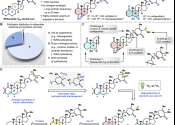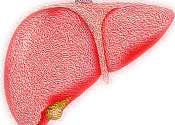Death is the permanent termination of the biological functions that define a living organism. It refers to both a particular event and to the condition that results thereby. The true nature of the latter has for millennia been a central concern of the world's religious traditions and of philosophical enquiry. Many religions maintain faith in either some kind of afterlife or reincarnation. The effect of physical death on any possible mind or soul remains for many an open question.
Animals almost without exception (see hydra) die in due course from senescence. Intervening phenomena which commonly bring death earlier include malnutrition, predation, disease, accidents resulting in terminal physical injury, or, in extreme circumstances, grave ecosystem disruption. Intentional human activity causing death includes suicide, homicide, and war. Roughly 150,000 people die each day across the globe. Death in the natural world can also occur as an indirect result of human activity: an increasing cause of species depletion in recent times has been destruction of ecological systems as a consequence of the widening spread of industrial technology.
Death in this context is now seen as less an event than a process: conditions once considered indicative of death are now reversible. Where in the process a dividing line is drawn between life and death depends on factors beyond the presence or absence of vital signs. In general, clinical death is neither necessary nor sufficient for a determination of legal death. A patient with working heart and lungs determined to be brain dead can be pronounced legally dead without clinical death occurring. Precise medical definition of death, in other words, becomes more problematic, paradoxically, as scientific knowledge and technology advance.









